
But the day after drinking, or a few hours after drinking, when the alcohol wears off, the anxiety can be powerful and damaging. Learning more about how alcohol use can worsen anxiety can help you better understand your own symptoms and consider alternative ways to cope. Alcohol use disorder and anxiety disorder are treatable conditions, and you don’t have to navigate them alone.
- Any anxiety can increase the likelihood of developing an alcohol use disorder.
- It’s common for people with social anxiety disorder to drink alcohol to cope with social interactions.
- If you find yourself reaching for a drink when you’re stressed or anxious, consider reading this.
- Alcohol use disorder and anxiety disorder are treatable conditions, and you don’t have to navigate them alone.
Panic Attacks Can Be Controlled
In some cases, healthcare professionals would need to prescribe antidepressants or anti-anxiety medications to help manage symptoms. Following prescribed medication regimens and attending regular follow-up appointments are crucial for the effective management of anxiety. When you drink, do you couple this with eating pretzels, pizza or sweets? We tend to pair up our vices, and not only drink alcohol but also eat highly dense, problematic foods. Your body can have an uncomfortable sensation the next day as a result, which can feel like a nervous energy or anxiety. People can usually manage all types of anxiety by using a combination of lifestyle changes, medications, and therapy rather than alcohol.
Sleep disruption
But if drinking never ends, and the alcohol use becomes chronic, you might begin to see how anxiety and alcohol misuse can feed into each other. If you or a loved one uses alcohol to cope with anxiety, especially during socializing, it may lead to being dependent on alcohol, especially in social settings. In fact, drinking can change the chemistry of the brain in a way that actually makes anxiety worse. Knowing how alcohol affects anxiety may make it less tempting to have a drink to cope. Society would have us believe that there’s no better way to unwind after a long day than by drinking a glass of wine, cold beer, or sipping your go-to liquor. But trying to relax with a drink or two may not give you the long-term anxiety relief you want.
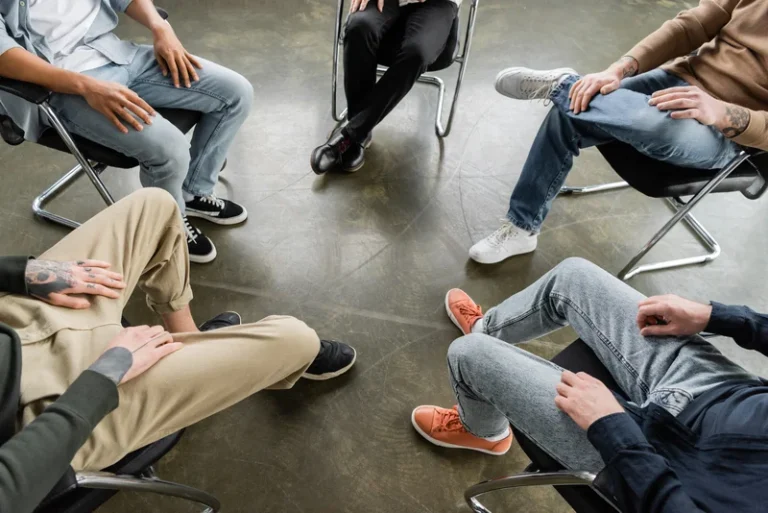
Medical Professionals
- There is a clear relationship between alcohol independence and mental health.
- Scientists are finding chemical reasons you may experience heightened anxiety the day after drinking.
- These effects will subside as your body adjusts to the absence of alcohol.
- While medication isn’t a part of everyone’s journey, it can be incredibly helpful for some.
- The effects of withdrawal often ease 5 to 7 days after drinking ends.
- Later in the sleep stages, alcohol disrupts REM sleep and paralytic sleep, which is when your body rejuvenates itself.
- Over time, consuming too much alcohol can lead to blackouts, loss of memory, and even brain damage (especially if it causes other health problems, such as liver damage).
First, the consistent presence of social disturbances may activate and intensify anxiety symptoms among these already vulnerable individuals. Second, alcohol use in the presence of stress stimuli may interfere with extinction-based learning necessary for normal adaptation to stressors. Thus, hazardous drinking can lead to anxiety through a noxious combination of greater levels of life stress coupled with relatively poor coping skills. One of the most effective ways to treat anxiety is to work with a therapist.
Preventing anxiety is not as simple as drinking enough water, although this will help. Limiting caffeinated and alcoholic drinks and focusing on plain water can be beneficial. On top of that, you’re likely feeling less anxiety and are better able to regulate your emotions when life’s hiccups arise. Six months without alcohol is when you can begin to see your immune system optimizing and fighting the good fight again, though depending on the time of year and your environment, you might not immediately notice.
People who rely on alcohol to combat anxiety can develop alcoholism. People with alcohol addiction who suddenly stop drinking can experience alcohol withdrawal symptoms, such as sweating, nausea and seizures. If you find that you regularly experience anxiety after drinking, start keeping track of does alcohol cause anxiety attacks your alcohol consumption to see if you can spot any trends related to stress. You can also gradually reduce your intake to minimize withdrawal symptoms. Hangxiety — a play on the words hangover and anxiety — is a crucial concept to understand if you feel alcohol is affecting your mental health.
Alcohol and Psychological Dependence
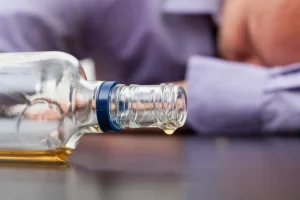
Abusing alcohol disrupts the brain’s chemistry and ability to communicate effectively with the rest of the body. The disruption of the brain’s pathways can impede the brain’s ability to regulate moods and behaviors. I joked at the time that I had OCD moments, but I now realize that I was in the early clutches of a full-blown anxiety disorder. And, by the way, had actually developed OCD (obsessive-compulsive disorder). They effectively slow things down, helping you to relax and reduce your anxiety.
Common signs and symptoms of depression
When dealing with health disorders that may be caused or worsened by alcohol use, the first and most essential action to take is reducing or eliminating alcohol intake. AUDs may begin with sporadic drinks that escalate in amount and frequency over time. Young adults and teenagers are especially vulnerable https://ecosoberhouse.com/ to alcohol abuse due to pressure from friends or peers, experimentation or socializing. Few people may realize it, but you can actually be allergic or intolerant to alcohol. Anywhere from 7% to 10% of the general population has such an allergy, though it affects about 35% of those with Asian backgrounds.

Alcohol and Panic Attacks: What’s The Relationship?

For example, you can add mineral water and a splash of juice to white wine to make a wine spritzer. You might opt for a light beer, which tends to have lower alcohol content than craft brews. MentalHealth.com is a health technology company guiding people towards self-understanding and connection. For information about the terms governing the use of our website and how we handle data, please refer to our Terms of Use and Privacy Policy.
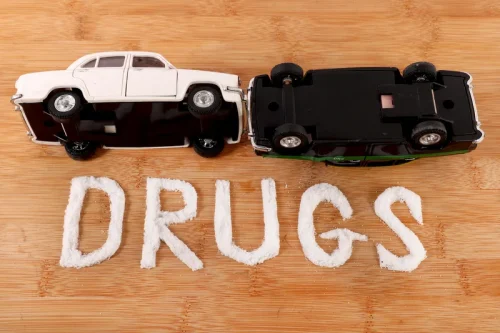
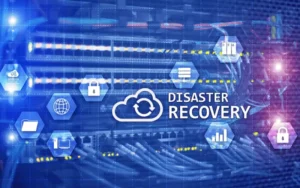

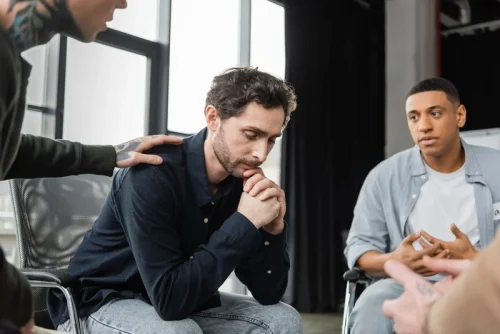
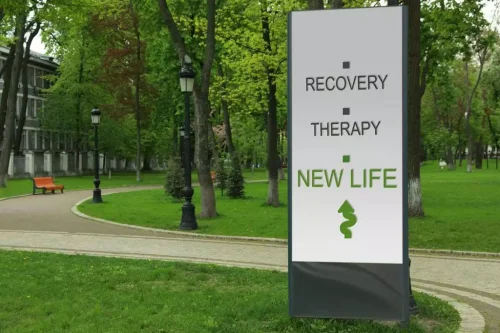


Recent Comments